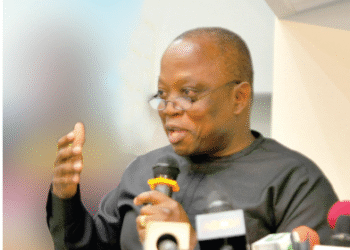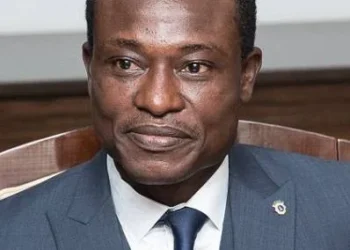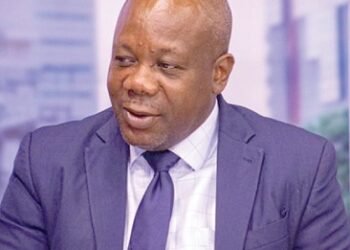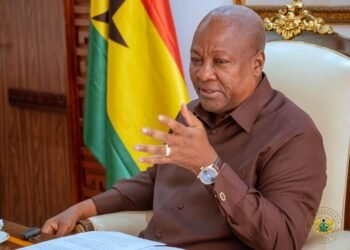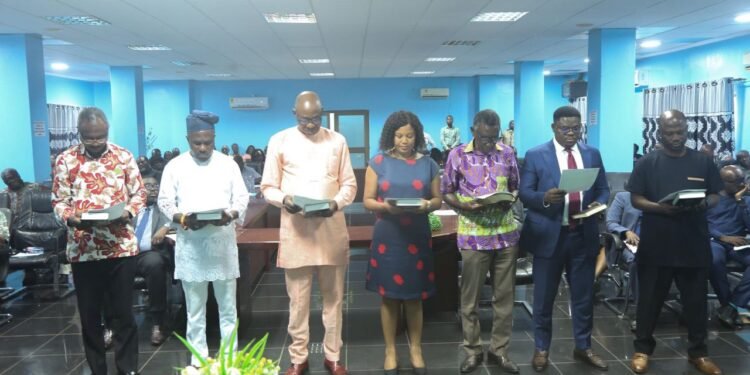Ghana’s Vice President, Professor Naana Jane Opoku-Agyemang, has called on African nations to redefine the purpose and relevance of education by linking learning outcomes directly to the continent’s long-term social and economic development goals.
She made this call while addressing the opening of the Association for the Development of Education in Africa (ADEA) 2025 Triennale Conference at the Labadi Beach Hotel in Accra.
The conference, which brought together education ministers, policymakers, and experts from across Africa, focused on reassessing the continent’s education priorities amid shifting global trends.
Speaking on behalf of President John Dramani Mahama, Professor Opoku-Agyemang welcomed participants warmly, commending the ADEA Secretariat for choosing Ghana as the host nation.
“I bring you greetings from His Excellency, the President of the Republic of Ghana, who was meant to be here but was called away on another important last-minute assignment. I’m happy especially because this is about human development anchored on education.”
Ghana’s Vice President, Professor Naana Jane Opoku-Agyemang
Turning to the core of her address, Professor Opoku-Agyemang highlighted that this year’s triennial aims to achieve two major objectives: first, to take stock of progress made since the 2022 conference, and second, to reflect on how global and continental changes affect Africa’s education systems.
“We have the opportunity to assess what has worked, identify the gaps, and explore what we can do differently to improve quality and relevance,” she said. She noted that while Africa has made commendable strides in expanding access to education, learning outcomes have not always kept pace with enrollment growth.
“Across our continent, governments continue to grapple with learning poverty despite improvements in school enrolment. The enrolments have not necessarily matched outcomes. Learning poverty undermines our development goals.”
Ghana’s Vice President, Professor Naana Jane Opoku-Agyemang
According to her, African education systems must not only adapt to rapid technological and societal change but must also contribute meaningfully to global innovation. “We need to go beyond coping—we must also create and contribute to technology. We must develop the skills that make innovation possible,” she emphasized.
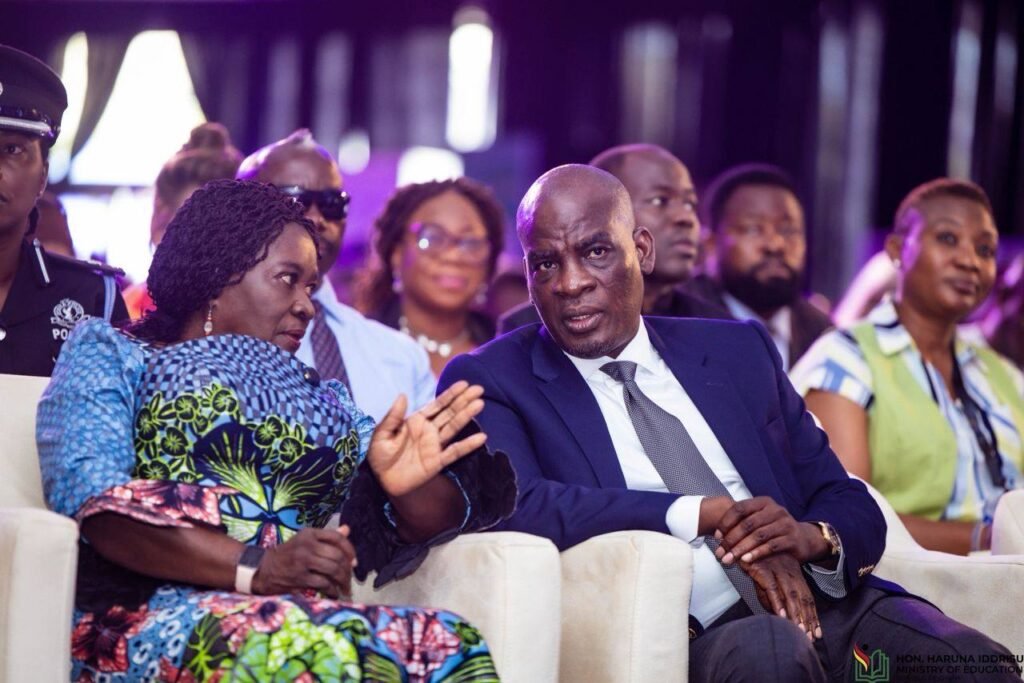
The Vice President lauded the dedication of teachers, researchers, and administrative staff across the continent for their resilience and commitment, even under difficult conditions.
“Our current age, more than ever, demands that academic knowledge must be matched with creativity, adaptability, and resilience. The 2025 Triennial will strengthen collaboration among African countries so that our youth will develop the skills and cultural orientation necessary to thrive in today’s world.”
Ghana’s Vice President, Professor Naana Jane Opoku-Agyemang
She urged that the discussions and recommendations of the conference align closely with national planning priorities, warning against the temptation to generalize across a diverse continent. “We must work closely with national strategies to avoid sweeping assumptions about the entire continent,” she said.
Reaffirming Ghana’s educational vision, Professor Opoku-Agyemang outlined key initiatives being implemented under President Mahama’s administration. She pointed to the National Education Forum, which identified five focus areas — infrastructure, quality, governance and accountability, financing, and evidence-based decision-making.
Through the Ghana Accountability for Learning Outcomes Project (GALOP), she said, the government is improving foundational literacy and promoting results-based reforms in basic education.
“GALOP now covers all public kindergarten and primary schools, supported by partners such as the World Bank, the Global Partnership for Education, and the Jacobs Foundation”.
Ghana’s Vice President, Professor Naana Jane Opoku-Agyemang
She also announced the establishment of the Ghana Education Evidence and Data Lab, a platform designed to promote evidence-based policy and curriculum innovation.
“Recognizing the power of research, our government has established the National Research Fund with a seed capital of 50 million Ghana Cedis from the GETFund to support institutions and evidence-driven policies”.
Ghana’s Vice President, Professor Naana Jane Opoku-Agyemang
Despite these achievements, she acknowledged that financing remains a major challenge, stating that Ghana, like many of her peers on the continent, must work hard to keep pace with rising educational demands, especially in TVET, STEM, and EdTech.
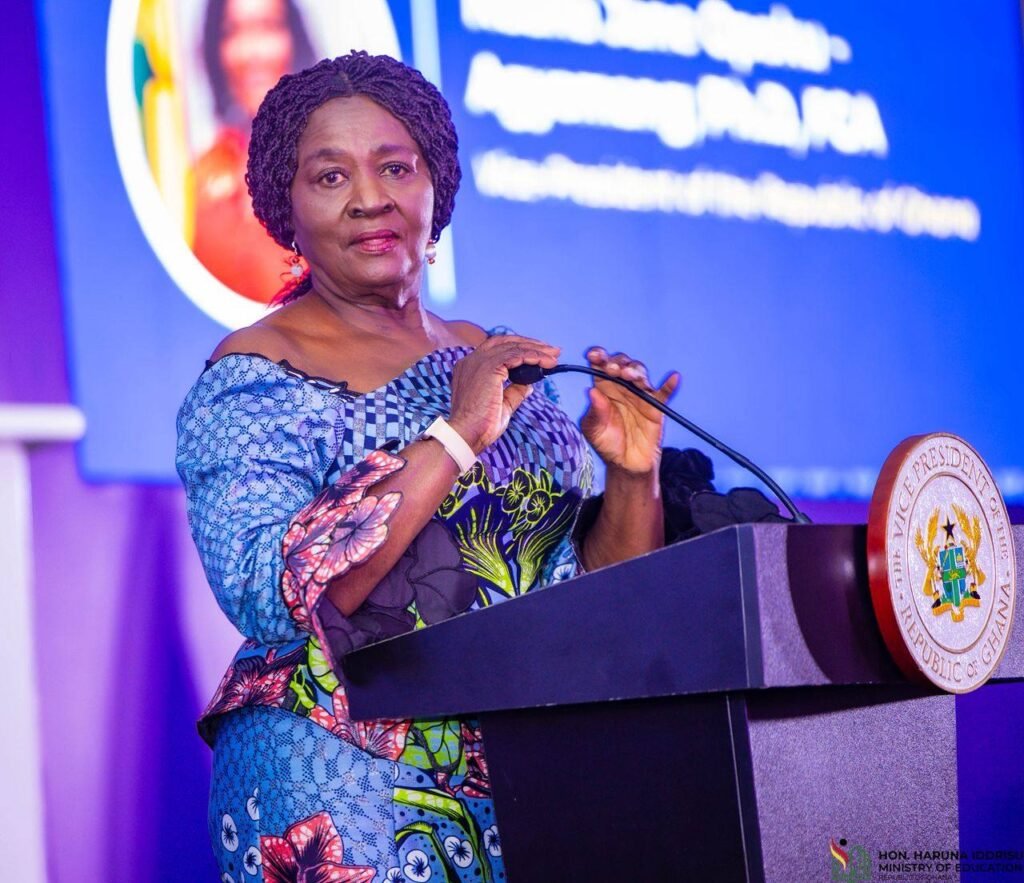
For her, the relevance of education should be directly linked to the long-term economic and social development agendas of all countries. Professor Opoku-Agyemang made a strong case for financial self-reliance in education, urging African nations to look inward for sustainable funding solutions.
“The time has come for Africa to rely more on her own resources to solve her problems. We are blessed not only with mineral wealth but also with intelligent, creative youth whose talents can drive Africa’s transformation when we take better care of our natural and human resources.”
Ghana’s Vice President, Professor Naana Jane Opoku-Agyemang
She called for the creation of sustainable African funding mechanisms, stressing that the debate on how much of national budgets should go to education should evolve.
“Let’s go beyond percentages. If your economy is based on exporting raw cocoa beans, your pie will always be small. But when you add value—when you process and innovate—then even 1% of that bigger pie becomes significant.”
Ghana’s Vice President, Professor Naana Jane Opoku-Agyemang
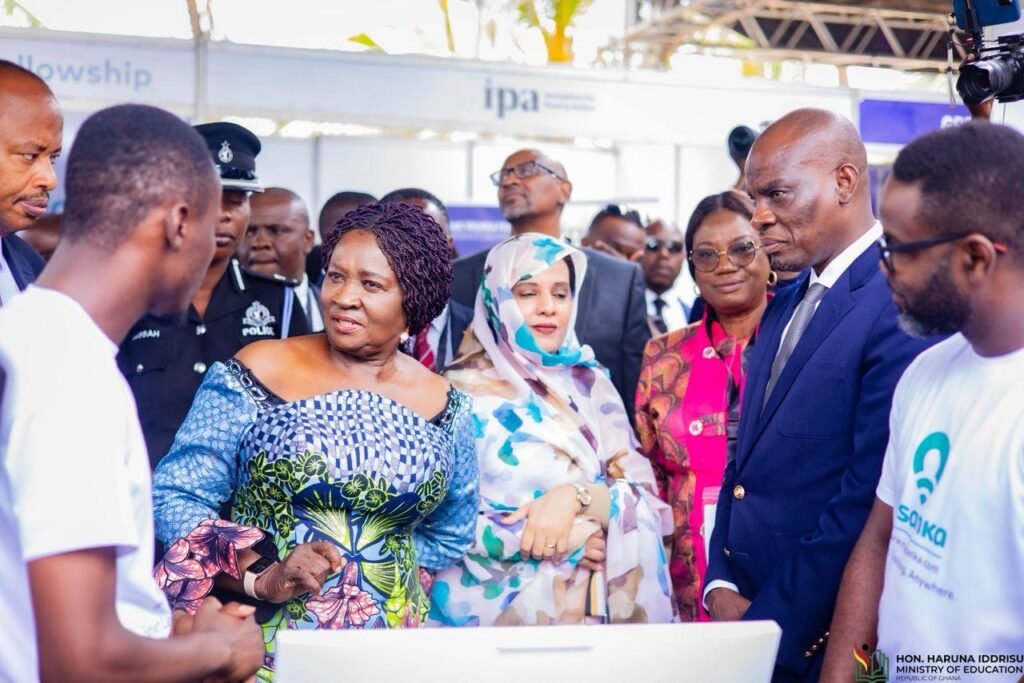
In her closing remarks, the Vice President encouraged participants to explore how the African Education, Science, Technology, and Innovation Fund, being established by the African Development Bank, can serve as a sustainable alternative to foreign aid. “Let us deliberate on how this fund might serve as a more reliable mechanism for African education,” she said.
Expressing appreciation for the delegates’ presence, she ended on a warm note: “I want to thank you for your kind attention and wish you a very good experience in our beloved country. Those who have come for the first time, please come back. And those who come often—please, come back again.”
READ ALSO: Economy Bleeds: GH¢300m Worth of Goods Smuggled Monthly – FABAG





